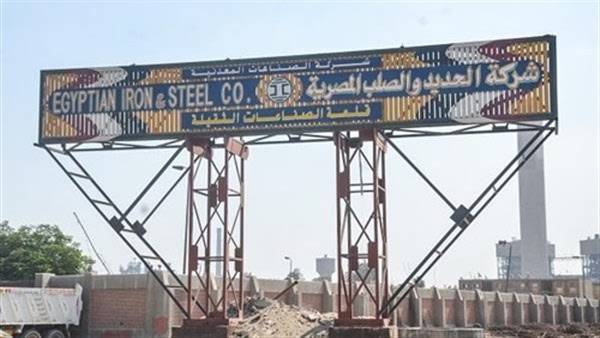Many Egyptians received news of the falling oil prices with great happiness, expecting that this would mean tangible economic improvement at home. The Egyptians expected that the collapse of oil prices would be in their favour, given that Egypt is an oil importer, and Egypt would suddenly be able to provide large sums of money that it would have spent on buying oil at its original price.
The Egyptians expressed their hopes that the global collapse of oil prices would lead to a decrease in the price of fuel, and that this would reduce transportation and refrigeration costs, and thus reduce the price of all commodities. Also, economists pointed to high expectations that the collapse of oil prices would lead to a decline in the value of the US dollar, which the Egyptians considered good news as well because the Egyptian pound is pegged to the dollar, which means lower prices for most imported goods. But the reality is that the great collapse in oil prices globally does not mean happy news for the Egyptian regime.
Economists point out that the collapse of oil prices is followed by a collapse in all areas related to oil, gas and energy prices, causing a collapse of most of the global stock exchange which impacts major international companies. Experts pointed out that this also means investments associated with the oil and gas industry will stagnate, maybe even more so than during the 2008 Great Recession.
Despite the fact that the collapse in oil prices may save Egypt millions of dollars, given that it will buy oil at prices much lower than expected in its general budget, there are also negative aspects that may outweigh the benefits. Over the past several years, the Egyptian regime has relied on substantial financial aid from its regional allies, Saudi Arabia and the UAE. KSA and the UAE have poured billions of US dollars into the Egyptian economy, in the form of deposits, investments, grants, and debt.
Saudi Arabia is one of the countries in the world most affected by the collapse of oil prices, as oil is the main source of income for the Kingdom, and the UAE has lost oil as an important resource, in addition to tourism, which has receded considerably. In practical terms, this means the Egyptian regime has lost its most prominent financial supporters, as both KSA and the UAE will be busy fixing their internal economic conditions, and they will not be able to financially support the Egyptian regime.
Observers say that this crisis may push the two oil states to withdraw many investments and deposits, which will mean huge economic losses for the Egyptian regime. The Egyptian regime was forced to spend $5.4 billion in cash reserves one month into the start of the coronavirus crisis, and was counting on its financial backers to make up for that loss. Besides the exit of KSA and UAE from the ranks of financial supporters of the Egyptian regime, there are other losses awaiting the Egyptian regime. The collapse of world oil prices causes the sale and purchase movement to stop, which means reducing the passage of giant oil tankers through the Suez Canal and therefore reducing revenues, which is an important resource for the Egyptian economy. A third aspect that economic experts pointed out is that the low oil prices recorded by international oil markets are for the new contracts scheduled for next May and June, while the Egyptian regime is linked to long-term contracts with predetermined prices. This means that the Egyptian street will not feel the price difference immediately, but rather will feel it if new contracts are made to purchase oil at the new prices.
Experts also note that the depreciation of the US dollar will not be in the interest of the Egyptian pound, because all currencies will witness an uneven decline according to the size of the economic damage to their countries, which means a decline in gold, or the currency loss of its purchasing value, and not necessarily in favour of the Egyptian pound. This means that the dependence on the depreciation of the US dollar is not accurate, because the value of the Egyptian pound will also decrease. Observers fear that the tourism sector will be affected and the revenue from the Suez Canal diminished. A reduction in remittances from Egyptians abroad means that the three main sources of Egyptian national income have declined. Also, the fourth resource, which is domestic product and export, may also decline due to the decline in global trade.





Recent Comments